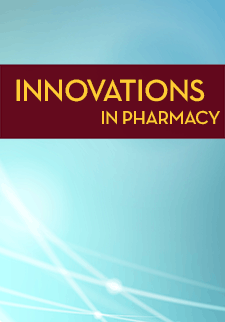Effects of Medication Reconciliation Service Provided by Student Pharmacists in a Tertiary Care Emergency Department
Arinzechukwu Nkemdirim Okere
Charles Gessert
Colleen Renier
Michael Swanoski
DOI: https://doi.org/10.24926/iip.v4i2.295
Keywords: medication reconciliation, patient education, patient counseling, emergency services, emergency department
Abstract
Objective: The primary objective of this case study was to evaluate the impact of a medication reconciliation service (MRS) provided by student pharmacists in an emergency department (ED).
Methods: Eligible patients were assigned to two groups, MRS or non-MRS. Patients in the MRS group were seen by student pharmacists while the non-MRS group followed usual care. As part of the services provided by the student pharmacists, medication reconciliation was provided under the supervision of a clinical pharmacist. At the conclusion of their ED visit, patients were asked to complete a survey addressing knowledge of medications, confidence in medication taking and patient satisfaction. To evaluate the impact of provision of MRS by student pharmacists on readmission rates in the ED, the electronic health records of the institution were queried for subsequent inpatient hospitalizations and ED visits.
Results: Based on the study, patients in MRS group were more likely to be satisfied with the education provided to them in the ED (p=0.016) and had greater confidence in taking their medications (p=0.03). Sixty days post ED visit MRS group readmissions were significantly lower compared to non-MRS group (P= 0.047).
Conclusions: Students' participation in the provision of medication reconciliation led to reduction of readmission in the tertiary care ED, improved patient satisfaction and confidence in medication use.
Type: Case Study


